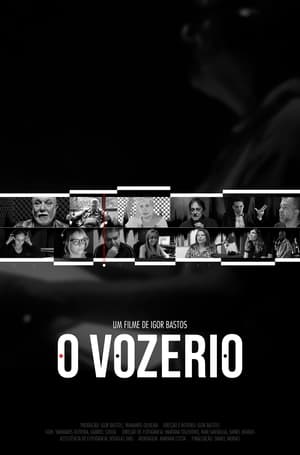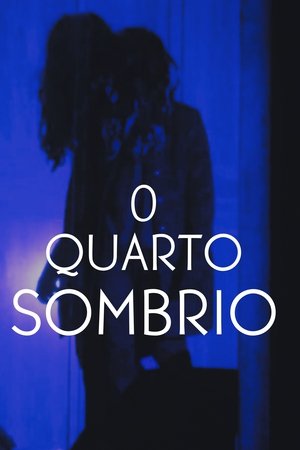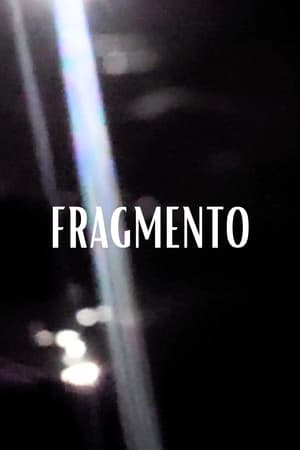

O HOMEM SEM CABEÇA(2024)
Movie: O HOMEM SEM CABEÇA
Top 1 Billed Cast
O HOMEM SEM CABEÇA

O HOMEM SEM CABEÇA
HomePage
Overview
Release Date
2024-08-29
Average
0
Rating:
0.0 startsTagline
Genres
Languages:
PortuguêsKeywords
Similar Movies
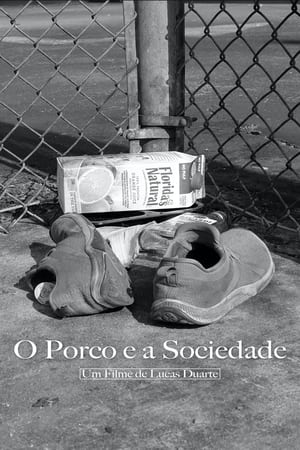 0.0
0.0The Pig and the Society(pt)
"The Pig and the Society," symbolizes the stark contrast between the excesses of wealth and the plight of those left behind. It invites viewers to reflect on their perceptions and prejudices, challenging them to see beyond the surface and understand the systemic issues perpetuating homelessness.
 0.0
0.0A Própria Carne(pt)
Three deserting soldiers during the Paraguayan War find an isolated house on the border, inhabited only by a mysterious farmer and a young woman. What seemed like a safe haven turns into a fate more horrible than the war they fled.
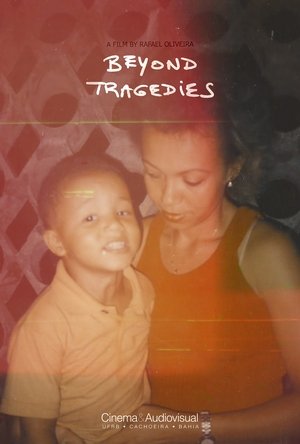 4.0
4.0Beyond Tragedies(pt)
Recalling his childhood and relationship with his mother, a film student tries to understand the origin of his love for cinema and tragedies.
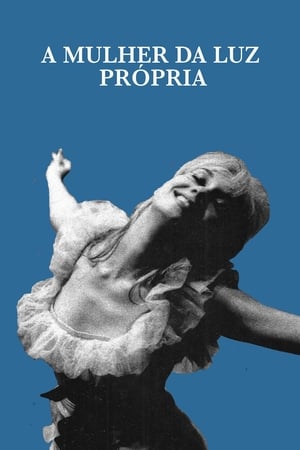 8.0
8.0A Mulher da Luz Própria(pt)
Helena Ignez is one of the main female figures of Brazilian cinema. She developed a new style of acting. Nowadays, she directs independent films. The documentary tells some of the History of Brazilian cinema, its political context and Helena's trajectory.
 3.2
3.2Mistério na Colônia(pt)
A doctor from Rio de Janeiro travels to spend his vacation in a small town in the South of Brazil, surrounded by legends about the disappearance of tourists. He stays in the house of a local family (father, son and grandmother), and, during lunch, the boy attempts to alert the doctor about a terrible secret.
 1.0
1.0Simply Girl(pt)
Denise, Hannah and Leticia are three ordinary women with extraordinary stories to tell. As transgender people, they talk about the challenges of finding their true identities within an intolerant and prejudiced society.
 0.0
0.0Viva o Cinema! Uma História da Mostra de São Paulo(pt)
The series tells the story of the São Paulo International Film Festival, one of the most traditional cultural events in Latin America. For 48 years, the festival has showcased hundreds of films from all over the world, bringing vibrancy to the city. Filmmaker Marina Person provides an irreverent perspective, highlighting the exciting and unusual stories that have marked the festival’s journey of resistance. The series reveals the individuals who have embraced the challenge of organizing this significant cultural event in Brazil every year, despite often challenging conditions. We also delves into how the Mostra has grown to become one of the main festivals globally, shedding light on the changes in cinema, Brazil, and the world over the years.
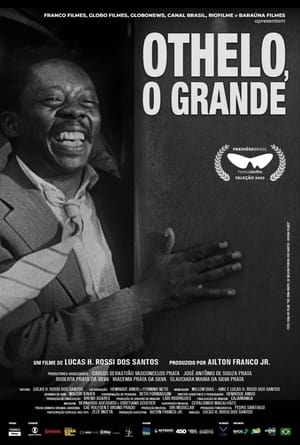 0.0
0.0Othelo The Great(pt)
A beautifully told story using archival footage to explore the life of Grande Otelo, a groundbreaking Black Brazilian actor. Overcoming poverty and racism, he built a stellar career, facing controversy yet using it to challenge prejudice.
 0.0
0.0Migliaccio: O Brasileiro em Cena(pt)
The documentary Migliaccio - O Brasileiro em Cena follows the path of those who take risks for the art, either as directors, as writers, as scenographers and even as costume designers. The Oscarito trophy received by Flávio Migliaccio in 2014 Gramado Film Festival crowns a career enmeshed by many threads. Since Migliaccio has performed in different fields of art - from cinema and theater to literature and drawing -, the documentary creates varied visual interventions to enchain the narrative, in addition to the interviews and archive pictures, such as a shadow play to represent his humble childhood, and to the cartoons the artist drew to portray his existential questions in his ranch in Rio Bonito (State of Rio de Janeiro). Images and stories that aim to show a professional and personal life pervaded by possibilities and attitudes, both artistic and political.
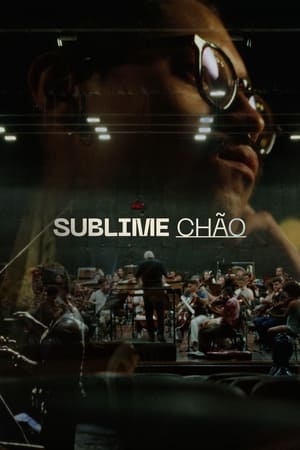 0.0
0.0Sublime Ground(pt)
Vinicius is a young cellist who lives in the far east of the metropolitan region of São Paulo and is a member of the State Youth Orchestra. He talks about the contrasts he experiences every day as a musician in Latin America's largest city, the prestige of playing at the Sala São Paulo, one of the best in the world, and the human degradation that surrounds it, individual and collective artistic expression in an orchestra, the sublime of the concert and the harsh reality of life on the ground, about the continuous search for erudition, the role of his teachers in his career and the friendships and lessons he has learned along the way
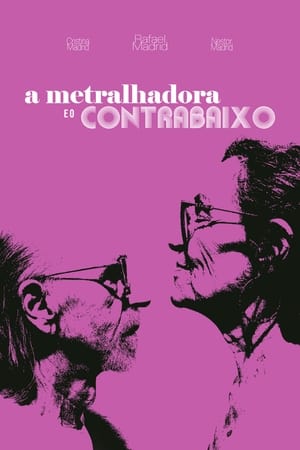 0.0
0.0The Machine Gun and the Bass(pt)
Documentary short film covering two survivors of the argentinian military dictatorship.
 6.0
6.0Rogério Sganzerla Send His Message to Brazil(pt)
In this short film, Ivan Cardoso records Brazilian film director Rogério Sganzerla sending a message to Brazil.
 6.0
6.0Tenho Fé(pt)
This documentary accompanies the journey of artists who exalt and celebrate ancestry and the orishas in their work. It also offers a manifesto against one of the biggest problems facing Brazil: religious racism. The feature brings together stories from music, theater, fashion, dance and the visual arts to promote reflection on the power and importance of black representation, art and diversity
 6.0
6.0Soror(pt)
In 1946, in Soror city, three different stories intersect amid macabre events. While detectives Thomas and Carlos work in the unsolved cases of the mysterious body found in a tree and Serena Caires disappearance, those three stories get together suggesting the motivations of those respective crimes.

